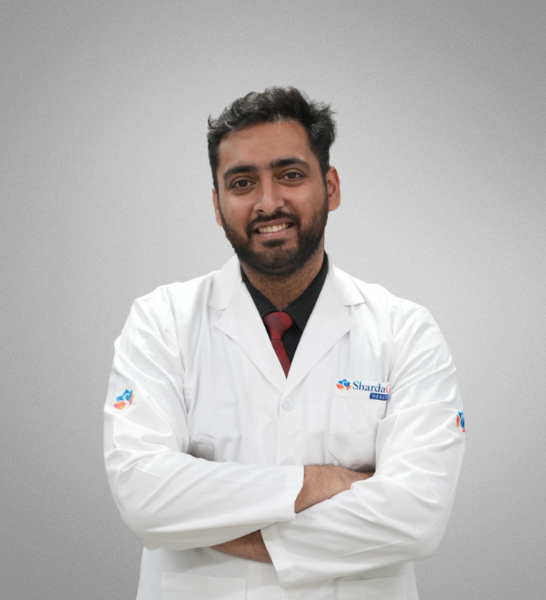
Medical Oncology
Medical Oncology is a specialized branch of medicine focused on the diagnosis, treatment, and management of cancer using chemotherapy, targeted therapy, immunotherapy, and hormone therapy. It plays a central role in personalized cancer care, aiming to treat cancer at the molecular level based on genetic and biomarker profiles.
Medical oncologists manage care across all stages of cancer—from early detection and prevention to treatment, survivorship, and palliative care. They work in close coordination with surgical and radiation oncologists to develop comprehensive, multidisciplinary treatment plans tailored to each patient.
Medical Oncology
Looking for an Expert
Sharda Care The Healthcity is home to some of the eminent Doctors in the world.
Book an Appointment












